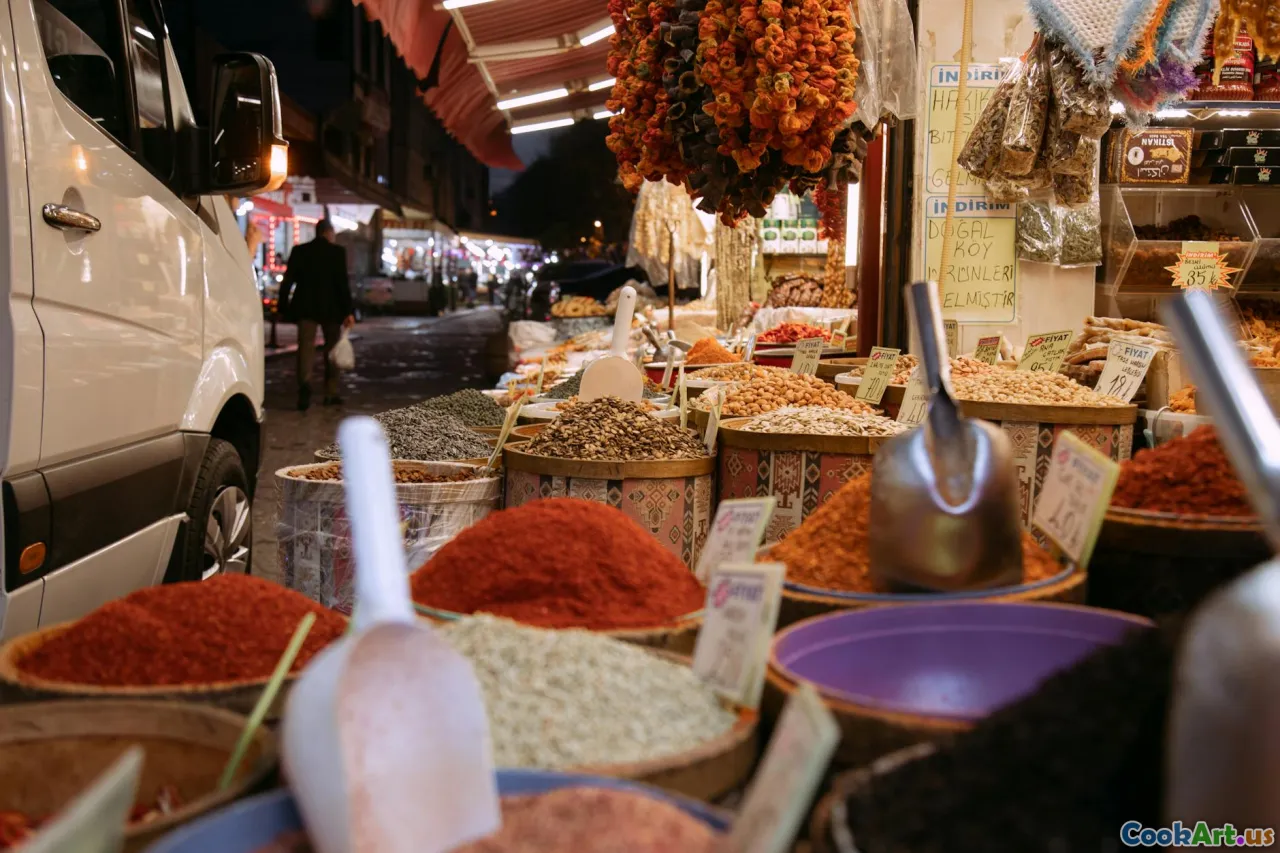Locally Sourced Ingredients in Maltese Kitchens
8 min read Explore how maltese kitchens celebrate local produce, blending history, culture, and fresh ingredients to create authentic and vibrant dishes that define the island’s culinary soul. May 27, 2025 12:00
Locally Sourced Ingredients in Maltese Kitchens
Imagine a sun-drenched Mediterranean island where every dish tells a story of land, sea, and history. Malta, a tiny archipelago nestled in the heart of the Mediterranean, boasts a rich culinary heritage deeply rooted in its landscape and seafaring traditions. At the core of this vibrant food culture lies a profound respect for locally sourced ingredients—an enduring practice that connects Maltese cooks and families to their land, sea, and history.
The Heartbeat of Maltese Cuisine: Local Ingredients
Malta’s culinary identity is a mosaic of flavors derived from its natural bounty. From the golden grains of traditional bread to the fragrant herbs that adorn every dish, local ingredients are the soul of Maltese kitchens. This emphasis on freshness is not merely a matter of taste but a reflection of the island’s deep-rooted sustainable practices and cultural values.
The Land’s Bounty: Vegetables, Herbs, and Fruits
Malta’s arid yet fertile landscape may seem challenging for agriculture, but savvy farmers have cultivated a variety of produce that has become staples in local cooking. Among these,tomatoesare paramount—ripe, sweet, and bursting with flavor, they form the foundation of many sauces, salads, and stews. Thecarob tree, once a vital crop for making sweet treats and drinks, still offers pods that lend a unique, subtly sweet flavor to Maltese desserts.Herbsare an essential component, withcilantro (kirkumina), parsley, mint, and thyme growing abundantly—often right in home gardens or communal patches. These fresh herbs elevate dishes with their aromatic oils, transforming simple ingredients into sensory experiences.
Fruits such as oranges, lemons, and figs thrive on Malta’s rocky terrain. Their vibrant flavors and scents infuse local recipes, from marinades to desserts, reinforcing the island’s Mediterranean essence.
The Sea’s Bounty: Fish and Seafood
Given Malta’s strategic position amidst the Mediterranean, fish and seafood are integral to its cuisine. Locally caught lampuki (mahi-mahi), amberjack, tunny, and sardinesare staples, often prepared simply to preserve their natural flavors. Thefish markets of Valletta and Marsaxlokk bustle with fishermen's catches—fresh, glistening, and fragrant.
Malta’s traditional fish stewsandgrilled seafood platters rely heavily on these fresh ingredients, seasoned with local herbs and olive oil—testaments to a culinary tradition that values freshness and simplicity.
The Olive Tree: Oil and More
Olives are a cornerstone of Maltese agriculture, with groves dotting the countryside. Extra virgin olive oil—rich, peppery, and slightly bitter—is used liberally in cooking, dressing salads, and drizzling over bread. It’s a product that embodies the patience and craftsmanship of generations.
Historical Roots and Cultural Significance
The emphasis on local ingredients in Maltese kitchens is not accidental; it’s a reflection of centuries of history and adaptation. The island’s strategic position meant that trade, conquest, and cultural exchange introduced new ingredients and techniques, but the core reliance on local produce remained steadfast.
During periods of hardship, especially during World War II, Maltese families became adept at making the most of what was available—using preserved vegetables, dried herbs, and locally caught fish—instilling a deep appreciation for sustainability and resourcefulness.
This history continues to influence modern Maltese cooking, where chefs and home cooks alike prioritize seasonality and local sourcing, celebrating the island’s natural produce.
Personal Insights and Culinary Traditions
Having spent time in Maltese kitchens, I’ve witnessed the reverence with which locals treat their ingredients. A typical Maltese breakfast might feature ftira bread, baked fresh daily with a drizzle of olive oil and a sprinkle of local herbs, served alongside slices of fresh tomato and ham.
Family gatherings often revolve around fenkata (rabbit stew), where tender rabbit is cooked slowly with garlic, herbs, and local vegetables, capturing the essence of home-cooked Maltese comfort food.
One of my most memorable experiences was visiting a small farm near Dingli Cliffs, where farmers grow organic vegetables and herbs using traditional methods. The pride in their produce was palpable—each leaf, fruit, and vegetable seemed infused with the land’s spirit.
Sustainable Practices and the Future
Today, there’s a growing movement in Malta to preserve traditional farming methods and promote sustainable, organic practices. Market stalls overflow with seasonal produce, and initiatives encourage urban gardening, reconnecting people with the land.
This resurgence not only helps maintain the island’s culinary heritage but also supports local economies and environmental health. Chefs are increasingly experimenting with traditional ingredients in modern dishes, creating a culinary dialogue between past and present.
Celebrating Malta’s Flavors
In Malta, food is more than sustenance; it’s a celebration of identity, resilience, and community. Every dish, from stuffat tal-Qarnit(octopus stew) tokannoli filled with ricotta made from local sheep’s milk, pays homage to the island’s rich natural bounty.
The next time you savor a Maltese dish, think about the journey of each ingredient—harvested with care, rooted in history, and shared with love. It’s a testament to a culture that values its land and sea, embracing tradition while forging a sustainable future.
Final Thoughts
The emphasis on locally sourced ingredients in Maltese kitchens is a beautiful reflection of the island’s history, culture, and resilience. It’s a practice that nurtures authenticity, supports local communities, and sustains the environment. As travelers, food enthusiasts, or home cooks, embracing these ingredients invites us into a world where every bite connects us to Malta’s vibrant, enduring spirit.
In a world increasingly captivated by globalized food trends, Malta reminds us of the timeless value of simplicity, seasonality, and local love—an inspiring testament to the enduring power of ingredients rooted in their land and sea.









